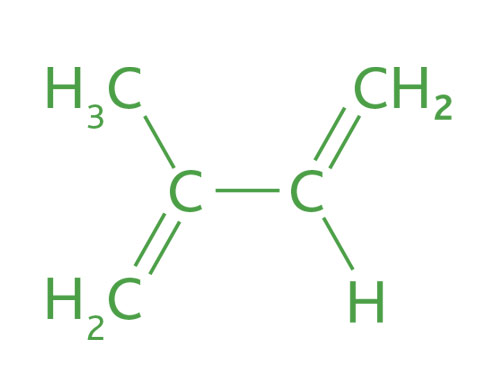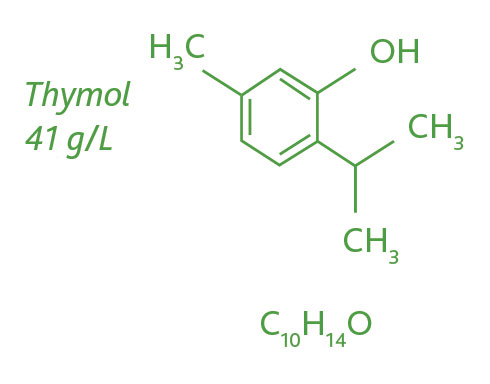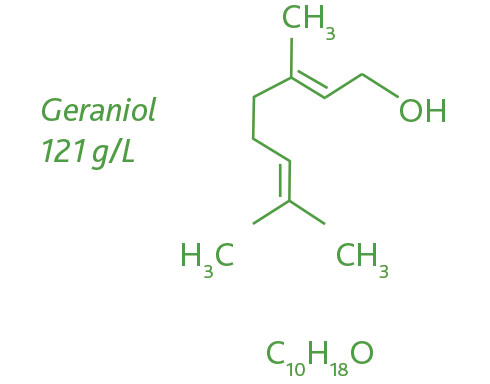

Table 1. Terpenes categorized by isoprene units and carbon atoms
| Name | Isoprene units | Carbon atoms |
|---|---|---|
| Monoterpenes | 2 | 10 |
| Sesquiterpene | 3 | 15 |
| Diterpenes | 4 | 20 |
| Sesterterpenes | 5 | 25 |
| Triterpenes | 6 | 30 |
| Tetraterpenes | 8 | 40 |


These two active compounds together have a synergistic mode of action that increases their efficacy in treated soil. Eden Research plc created the Cedroz formulation as an environmentally favorable method to manage plant parasitic nematodes.
Eastman has since developed this sustainable, nature-identical nematicide and has proven, via in-field trials, effective performance against root-knot nematode attack. Cedroz helps growers achieve high-quality products and high yields.
Have terpenes been approved for use in organic farming?
The terpenes geraniol and thymol have been approved by the EU Commission for use in organic farming in the EU, so Cedroz can now be added to the toolbox for organic farmers looking for a solution against nematodes.
Certain statements may not be applicable in all geographical regions. Product labeling and associated claims may differ based on government requirements.








